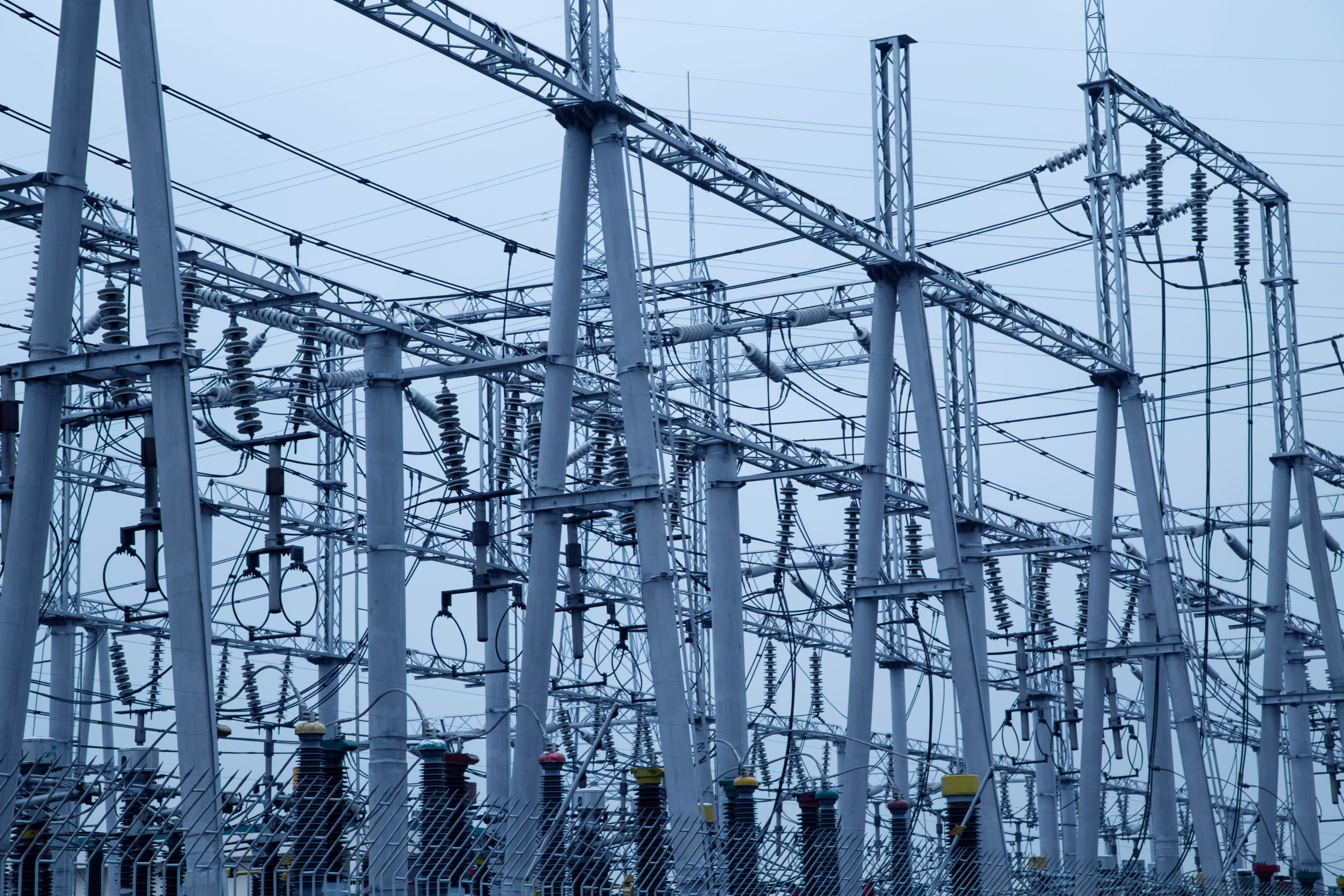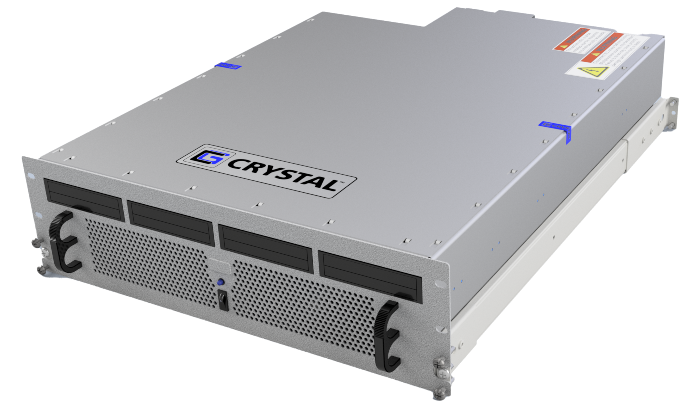It’s the best of times and the worst of times (to paraphrase Dickens) for utility companies. On one hand, they are now in the eye of a disruptive storm. They must deal with an unparalleled grid complexity, due to the shift to alternative energy sources, which can be a tremendous opportunity for them to grow.  But it can also be very demanding because making this shift (and making it the right way) means investing in new infrastructure. A new infrastructure for utility companies is a difficult animal because of the need to rate case approval and, painful at best. It needs to be a wise and long term investment.
But it can also be very demanding because making this shift (and making it the right way) means investing in new infrastructure. A new infrastructure for utility companies is a difficult animal because of the need to rate case approval and, painful at best. It needs to be a wise and long term investment.
This is where edge computing meets rugged engineering. What are those things and why should utilities care? It comes down to keeping up in an ever-changing world.
What is edge computing?
Edge computing refers to computing done at the source of data or very near to it instead of relying on cloud applications or data centers. One of the main benefits of edge computing is the reduction in ethernet bandwidth usage and data latency.
Another important benefit is increased security. When you can control all your hardware to limit attack surfaces, your data is much safer from breaches and attacks of all types.
This is, of course, a key lesson from the military and for organizations that handle sensitive data. But it’s not just about them.
Cyber attacks are becoming more frequent in every industry, and the energy industry makes no exception. In fact, utilities are some of the most vulnerable organizations to cyber attacks. This is why edge computing is one of the most important infrastructure updates a utility can make. The Colonial Pipeline, twelve JBS meat processing plants, local governments, and hospitals, have all been subjected to attacks, at least the ones we are aware.
However, not all industries can use edge computing with mainstream hardware. Harsh environmental conditions make it hard for regular equipment to operate. Extreme temperatures, storms and rough operating conditions (like those on oil rigs and power substations, for instance) make it impossible for your run-of-the-mill computing equipment to function.
Rugged equipment for grids in any environment
Rugged engineering provides a functional armor of sorts for fragile IT components to operate in harsh and volatile conditions. That’s been a game-changer for scenarios like battlefield operations, oil and gas applications, autonomous trucking and countless other challenging environments. But the proliferation of IoT, AI-enabled capabilities and data-focused modernization signal a shifting demand to deliver more, especially at the edge.
Crystal Group equipment can operate outside of normal computing environments like a data center. Oil fields, small/hot spaces, in the middle of nowhere, on military missions—those are just a few examples of harsh environments our Energy Series have operated in thus far.
Why do utilities need rugged equipment on the grid?
There’s nothing that makes the need for rugged equipment more clear than losing operational capacity altogether—something we saw firsthand when the Crystal Group headquarters were all-too-close to the sweeping devastation leveled by a powerful derecho storm that battered towns across Iowa on August 6th, 2020. More than half a million households lost electricity in the hurricane-force winds, and thousands went weeks before power was restored.
The aftermath of the derecho, along with increasingly volatile weather events across the country, underscore why it’s so important for utilities to adopt digital transformation that can secure their infrastructure, minimize disruption and improve resilience—all the way to the edge. A modernized, more reliable energy grid will better protect communities, offer smart solutions for distributed energy resources and keep power flowing. Utility companies track outages by the phone calls received from unhappy customers. We can change that.
How can utilities transform their infrastructure to capitalize on technologies that improve operations, save on costs and enhance performance? One major key is the ability to employ high-powered computing that processes massive amounts of data in real-time and uses AI for more precise decision-making. At Crystal Group, we’ve invested significant time, effort and resources to engineer solutions that deliver just that ability. 
Case in point: our Common Substation Platform, which includes three rugged Crystal Group 3U servers that deliver high-end Intel CPUs as well as VMWare virtualization software and software-defined storage.
As more utilities move to Smart Grid capabilities—like Crystal Group’s Energy Series rugged servers and embedded computers—the virtualization of substation systems can provide fault tolerance and load balancing between virtual machines running on servers throughout the infrastructure system and provide AI capabilities at the edge of the grid.
The result: Resilient systems that operate with continuity, even under damaging conditions.
Turning the energy industry into the business of the future
In the energy industry, much of the utility grid lives on the edge. Geographically dispersed substations, often outfitted with outdated equipment, and diverse data sources from smart meters, smart cameras or even drones require the latest in computing technology.
These growing networks of “smart” devices can deliver on the promise of IoT by monitoring conditions, providing real-time data and improving situational awareness. Advanced, AI-enabled analytics can flag anomalies, automate power distribution, predict potential system snags and mitigate issues on the fly.
This may sound like a futuristic vision for utilities, but the reality is this is all happening now, and grid operators have little time to waste. For more on how Crystal Group can help drive modernization within your utility operation, talk with one of our experts.